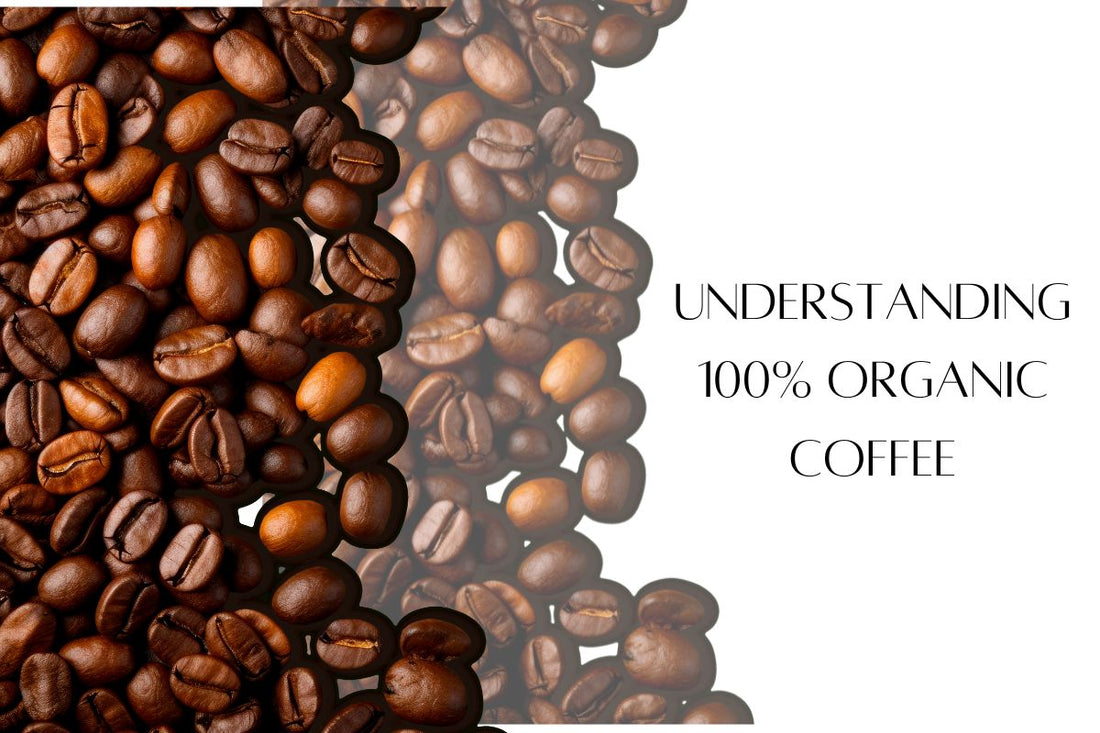If you’re a coffee enthusiast, you might have come across the term "100% organic coffee" and wondered what it actually means. Let's break it down! Organic coffee is grown, processed, and roasted following strict organic farming standards. Unlike conventional coffee, it’s free from synthetic fertilizers, pesticides, and genetically modified organisms, making it a healthier and eco-friendly choice.
Farmers follow strict regulations to earn that coveted "100% organic" label. This includes growing coffee in pesticide-free soil, using natural methods like composting and crop rotation, and promoting biodiversity. When you sip that organic brew, you're supporting sustainable farming and the planet!
Does Organic Coffee Feel Better for You?
Enjoying a morning cup of coffee is a ritual for many. But have you ever thought about how it affects your body? Organic coffee may be easier on the digestive system than regular coffee. Why? Because it’s grown without the harsh industrial pesticides and chemicals that are often found in conventional farming. These chemicals can irritate your stomach, while organic coffee offers a cleaner, purer experience.
The production and roasting process also avoid artificial additives that can interfere with digestion. So, if you have a sensitive stomach, organic coffee might just be the better choice for you.
Taste: Organic Coffee vs. Regular Coffee
Curious if organic coffee tastes different? It often does! The natural farming methods used in organic coffee production can influence its flavor profile. Organic farmers tend to nurture their crops with natural nutrients, resulting in beans that are rich in flavor.
Many organic coffee beans are shade-grown, meaning they develop under the natural forest canopy. This process enhances the coffee’s taste while maintaining environmental balance. Plus, since no synthetic pesticides are used, you get a pure and authentic coffee flavor without any chemical residues. That said, taste is subjective, and your brewing method and the bean origin will also play a big role.
Exploring Different Types of Organic Coffee
Organic coffee comes in various forms, each with its unique characteristics:
Single-Origin: Coffee from a single farm or region, like Ethiopia’s fruity Yirgacheffe or Colombia’s chocolatey Supremo.
Fair Trade: Ethically sourced coffee that ensures fair wages and supports community development.
Shade-Grown: Coffee grown under natural tree canopies, promoting biodiversity and producing nuanced flavor profiles.
Decaffeinated: For those who want to enjoy the taste without the caffeine buzz. Organic decaf coffee offers a smoother alternative.
Blends: Expertly crafted mixes of beans from different regions for a balanced and well-rounded cup.
The Cost of Organic Coffee
Wondering why organic coffee costs more? Organic farming is more labor-intensive and often involves smaller-scale operations, which prioritize quality over quantity. Achieving organic certification also comes with its own costs, including detailed record-keeping and inspections. All these factors contribute to the higher price tag, but for many, the benefits to health, taste, and the environment make it worth every penny!

